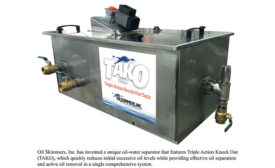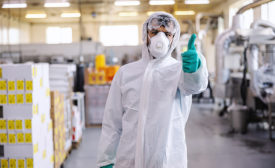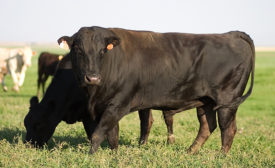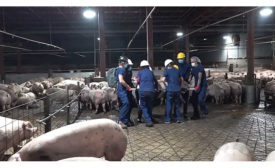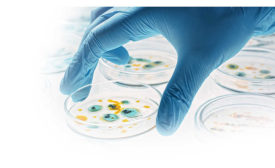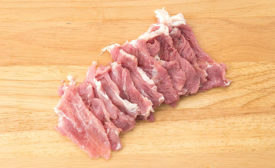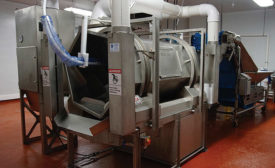Expert Commentary
Commentary | Protein Problem Solvers
Turning fat, oil and grease in wastewater into an efficient profit center
The simple and cost-effective approach enables continuous oil separation, removal and collection, and facilitates its sale.
Read More
Tech | Meat Science Review
Rumen microbiome impacts on adipose accumulation in steers
March 11, 2021
Commentary | Animal Agriculture Alliance Report
Prevent activist attacks brush up on plant security
Read MoreCommentary | Regulations & Legislation
CSPI petitions FSIS to implement enforceable Salmonella controls, supply chain requirements
Read MoreHigher Education | Kansas State University
Impact of biochemical factors that affect Asian consumer palatability preference for stewed goat meat
Read MoreCommentary | Protein Problem Solvers
Pineland Farms Natural Meats successfully implements Elite 360 System to Treat Beef Trim
Read MoreGet our new eMagazine delivered to your inbox every month.
Stay in the know with The National Provisioner's comprehensive coverage of the meat and poultry processing industry.
SUBSCRIBE TODAY!Copyright ©2024. All Rights Reserved BNP Media.
Design, CMS, Hosting & Web Development :: ePublishing


